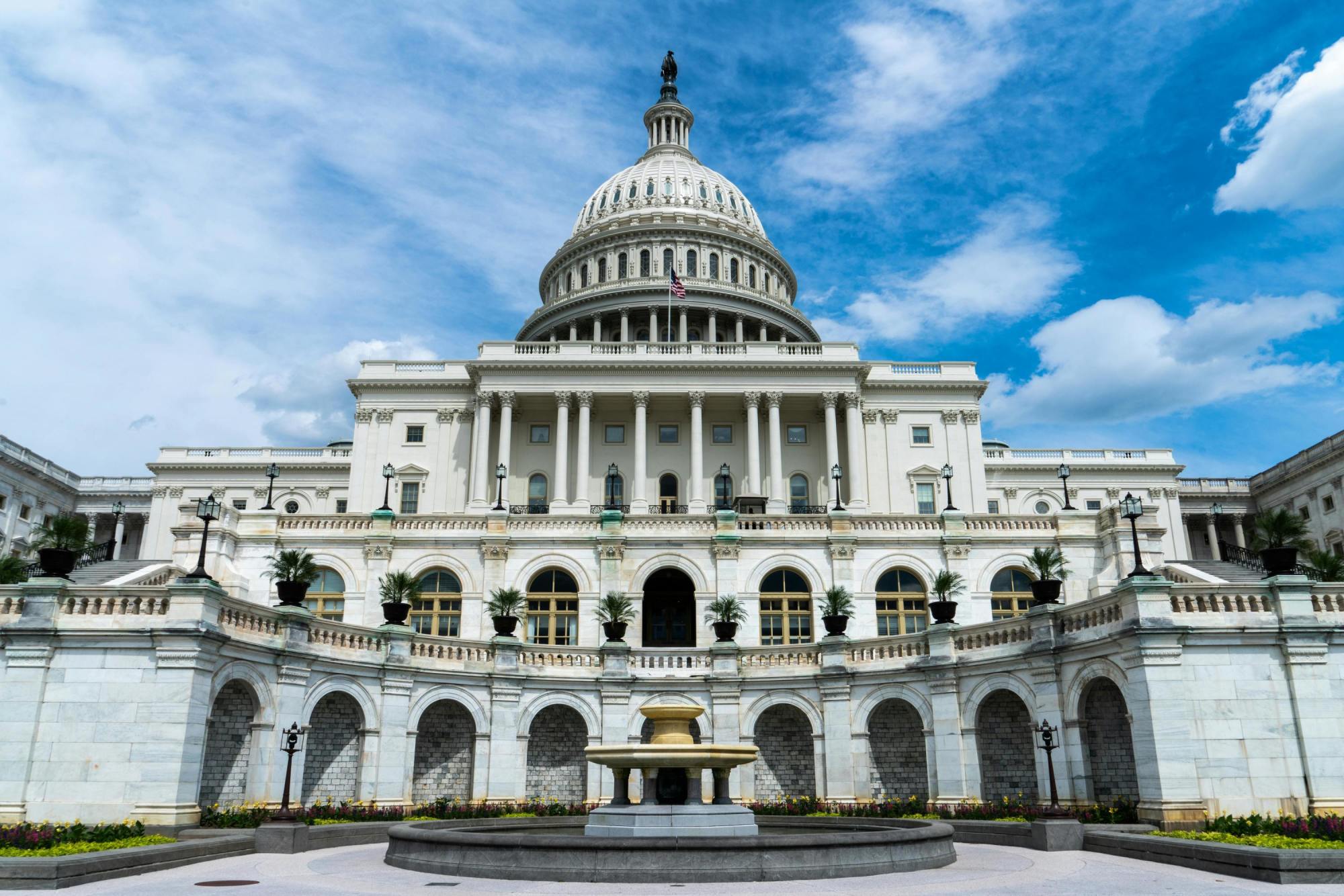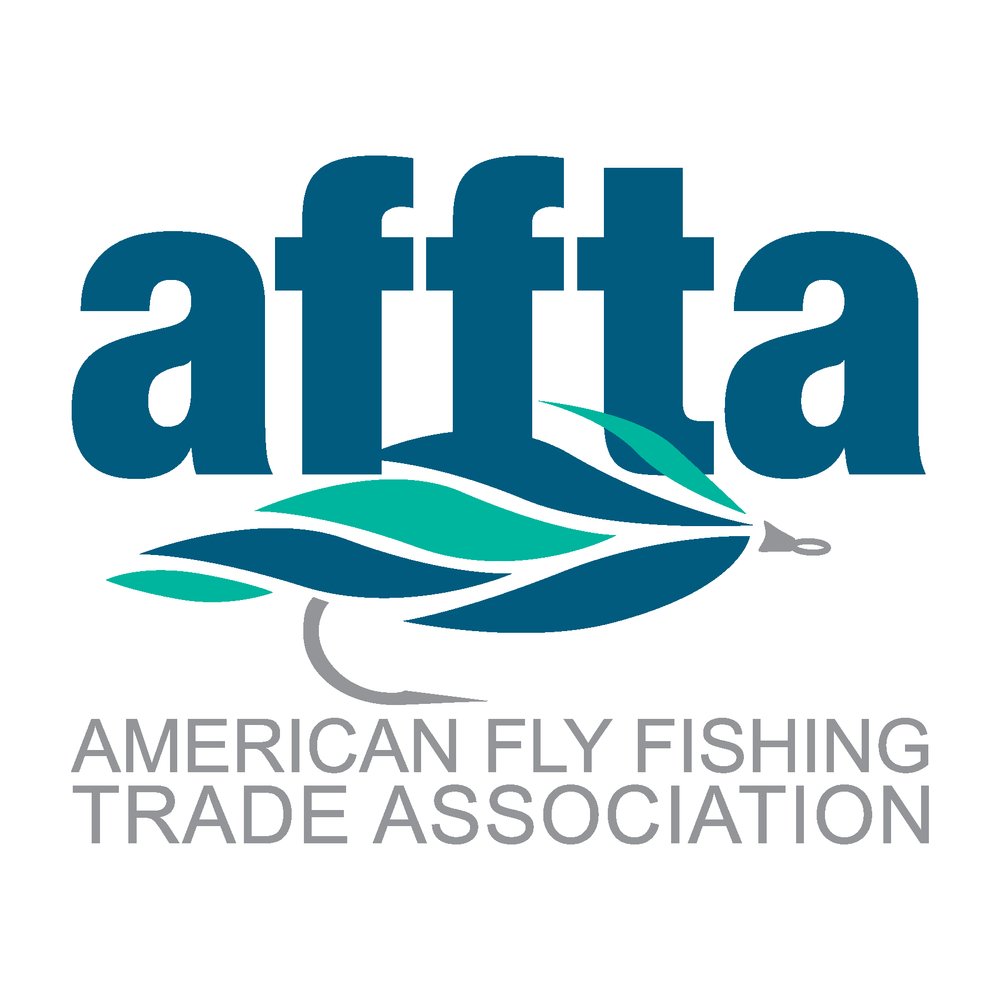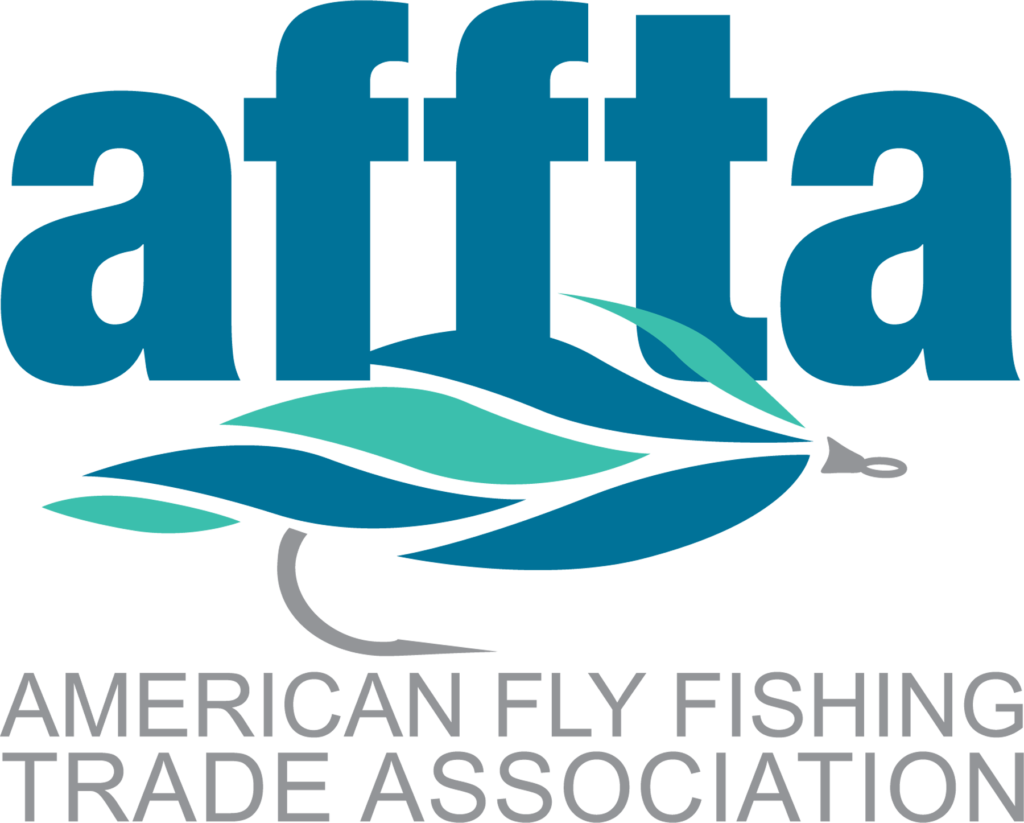AFFTA Policy Update February 2025
There has already been a lot of activity one month into the new year, a new congress, and a new administration. While the Senate is focused on confirming President Trump’s cabinet nominees, the House has primarily focused on putting together their plan for passing an FY2025 spending bill (the current spending extension, called a Continuing Resolution, is set to expire on March 14), a FY2026 budget resolution, and a reconciliation bill (or bills). While the status of congressional spending, the budget, and reconciliation seems to change by the minute, here’s a breakdown of the latest on President Trump’s nominees and the current status of trade policy: Senate Confirmation Hearings During the first month of the 119th Congress, Senate committees have held several confirmation hearings to question President Trump’s nominees' readiness and suitability for the job leading the various federal agencies. Of interest to the AFFTA community are: Doug Burgum – Secretary of the Interior The Senate voted on Thursday, January 30, to confirm former North Dakota Governor Doug Burgum as the next Department of the Interior Secretary. During his confirmation hearing in the Senate Energy and Natural Resources Committee, Mr. Burgum clarified that under his leadership, the Department of the Interior would work to increase fossil fuel production on federal lands. He has a history of supporting the oil and gas industries in North Dakota, but interestingly, he also set a statewide goal of carbon neutrality by 2030. While fossil energy will likely be his primary focus, the Bureau of Land Management (BLM), which sits within the Department of the Interior, has a multiple-use, sustained-yield directive, which includes recreation. As Governor of North Dakota, Mr. Burgum helped launch the North Dakota Office of Outdoor Recreation. He indicated during his hearing that he would continue to support outdoor recreation on federal lands as secretary. Conservation and recreation leaders must keep a close eye on the Department’s actions to ensure that the Secretary’s and President Trump’s aggressive fossil fuel development policies don’t negatively impact the health of America’s public lands and waters and the ability to access outdoor recreation. Howard Lutnick – Secretary of Commerce The Senate Commerce Committee held a hearing on Thursday, January 30, to consider the nomination of Howard Lutnick to lead the Department of Commerce. The National Oceanic and Atmospheric Administration (NOAA) and the National Marine Fisheries Service (NMFS) sit within the Department of Commerce and manage commercial and recreational fishing in federal coastal waters. The future of NOAA was the most concerning for fisheries' interests in the hearing. Project 2025 (seen as the blueprint for the Trump administration’s policy agenda) recommended breaking up NOAA and transferring different NOAA departments to other federal agencies. During his confirmation hearing, Mr. Lutnick said he would not dismantle NOAA and expressed support for its essential work. The hearing was relatively friendly, lacking some heated exchanges witnessed in other confirmation hearings. Mr. Lutnick is likely to be quickly confirmed by the Senate in the coming weeks. Lee Zeldin – Director of the Environmental Protection Agency On Wednesday, January 29, the Senate confirmed former Rep. Lee Zeldin as the next Environmental Protection Agency Director (EPA) Director. During his time in Congress, Rep. Zeldin supported the Great American Outdoors Act to help fund the maintenance backlog in America’s National Parks. He also supported a bill to reduce the use of PFAS chemicals, including drinking water, which pollute America’s waters. However, President Trump has already shown through his first executive orders that he is set on rolling back regulations related to climate and environmental protections, and Zeldin is very likely to follow suit. The EPA is responsible for implementing the Clean Water Act (CWA) programs, which protects America’s water quality and regulates pollutants in surface waters. The CWA is a critical law to ensure healthy rivers, streams, lakes, and oceans, which support healthy habitats for plants, fish, and wildlife, and fighting to protect the CWA will be more important now than ever. Overview of Trump Trade Policy/Tariff Implications (January 20- January 31, 2025) During his inauguration week, President Trump issued his Executive Order (EO), “America First Trade Policy” (EO AFTP). This overview uses the acronym ‘AFTP’ because, as of today, the EO has not been formally published in the Federal Register (see here for the official EO Federal Register page) nor assigned a formal EO number. We will update you accordingly. What Happened On the back of President Trump’s campaign trail promises of 25% tariffs on imports from Canada/Mexico and 10% tariff increase on goods from China, the second-term President has not exacted any specific tariff actions at the time of writing of this update. Still, White House Press Secretary Karoline Leavitt announced in her briefing on January 31, 2025, that the Trump administration is expected to exact new 25% tariffs on Canada and Mexico and a 10% tariff on China, effective February 1, 2025. EO AFTP (Sec.2(c)) instructed Treasury/Defense/Commerce/DHS/USTR/OMB/State to undertake “a review of, and identify, any unfair trade practices by other countries and recommend appropriate actions to remedy such practices under applicable authorities.” The results, reviews, and findings under EO AFTP will be finalized by April 1, 2025. What actions will be taken as a result of this review are unknown. Of note, EO AFTP Sec.3(d) and Sec.4(f) also instruct Commerce and OMB to make legislative recommendations regarding actions toward China and trade imbalances. As well, EO AFTRP (Sec. 3(b)) instructed an assessment of the Biden administration’s “Four Year Review” on Section 301 tariffs, with an eye toward potential tariff modifications. Whether or not a public comment period will be opened in concert with this “review of a review” is presently unknown. Still, it may present an opportunity for affected stakeholders unsatisfied with the findings of the May 2024 Report to encourage alternative actions, modifications, or more. This review is also due April 1, 2025. What’s Next Any additional tariff actions taken beyond those contemplated by the Feb. 1 announcement will likely be influenced by the interplay with Congressional negotiations over funding the extension of Trump’s tax cuts (first passed in 2017 under the Tax Cuts and Jobs Act (TCJA)). As Congress prepares for a Budget Reconciliation process (the legislative vehicle expected to carry an extension of TCJA), a smattering of Republicans (including senior voices like Rep. Scalise) have cast doubts about the viability of using tariffs as a sole pay-for for TCJA (alluded to in Trump’s inaugural address). This signals Republican support for wide-scale tariffs may be tenuous. By the numbers: Current tariff revenue (annually) is ~$80-100 billion, and cost projections (over 10 years) for TCJA extension is ~$5 trillion. With Republicans beginning to vocalize fears that a tariff-centered approach to TCJA funding will come with harsh impacts to local constituencies/industries, Trump may be incentivized to hold off on further tariff action until he can corral support in Congress for a more widely agreed upon solution to his TCJA extension price tag. Anticipated Timelines In terms of timelines, recall that existing 301 tariff exclusions are set to expire on May 31, 2025, and all the while, there are two ongoing China related tariff investigations. The combination of these deadlines and ongoing reviews (including EO AFTP) suggest that sometime in late April/early May, there will likely be further clarity regarding what tariffs to expect. Moreover, Budget Reconciliation timelines in Congress could coincide with late Spring/early Summer trade / TCJA pay-for negotiations. Finally, President Trump’s nominated trade chief, Jamieson Greer, has not yet been confirmed in the Senate nor received a hearing in newly seated Chairman Crapo’s Finance Committee. A Note on Congress Incoming Chairman Schmidt (R-MO) of the Joint Economic Committee (JEC) and his counterpart, Senator Hassan (D-NH), who is slated to serve as the lead Democrat on the JEC, have yet to post any hearings or committee actions in response to President Trump’s EO AFTP. The House Select Committee on China released bipartisan legislation in response to President Trump’s EO AFTP, signaling alignment with the Sec. 3(d) and Sec. 4(f) provisions mentioned above. How Republican leadership in the Senate and House will gel the desire of its farther right flank (to align with Trump) and its centrists (fearful of overreliance on tariff revenue and the costs associated with tariffs) remains to be seen. Still, one should expect further clarity by mid-April. 
AFFTA Policy Update February 2025
Welcome to a new congress and administration.

Images

Images


